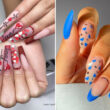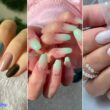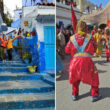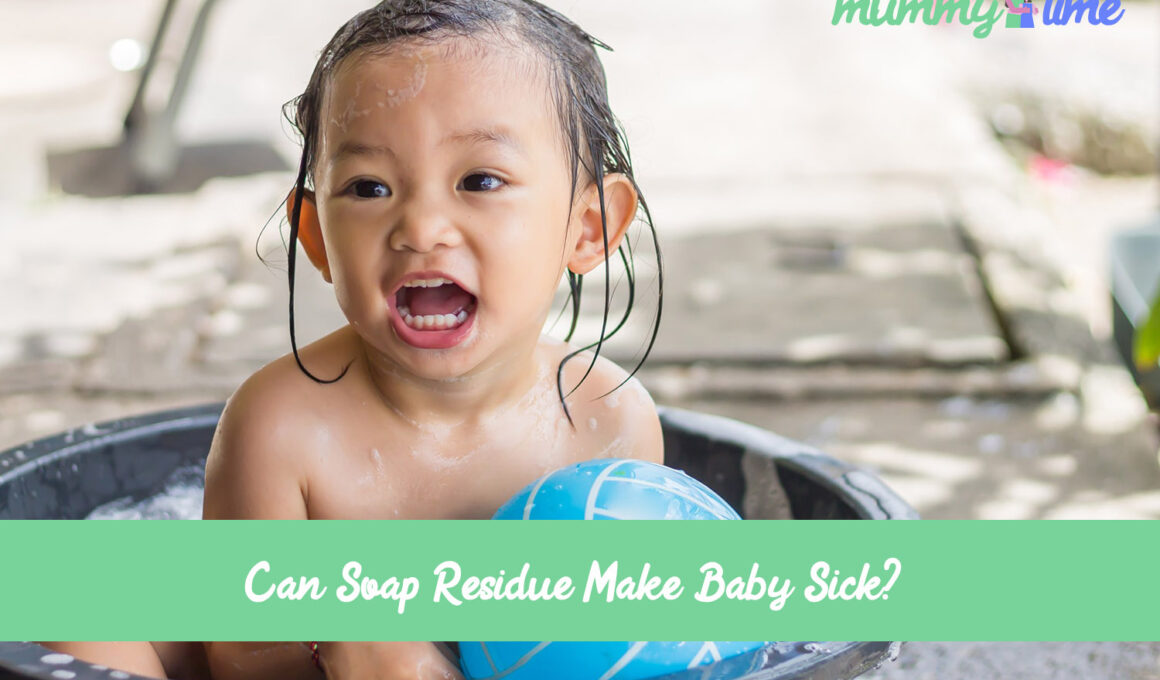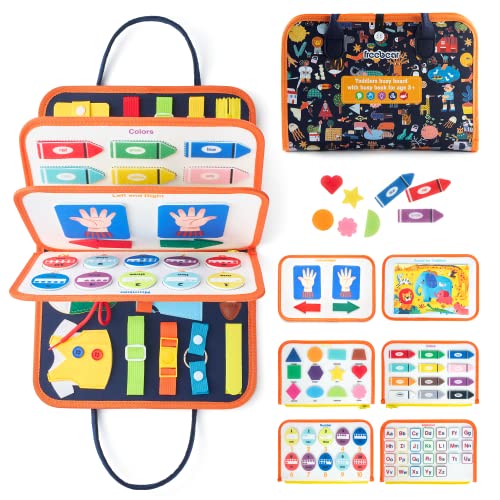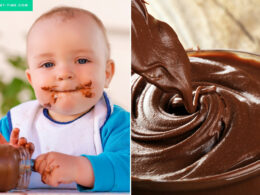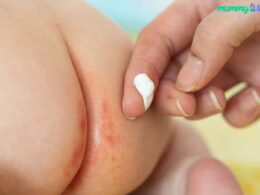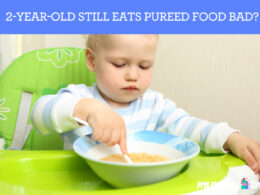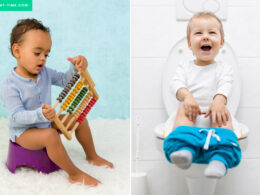In This Article Show
Should you be worried that soap residue can make your baby sick? Our little ones, unlike us, have very delicate systems, most of the things that might not cause harm to us as adults might be dangerous to them. Their bodies are not fully capable of taking harmful substances and just about anything toxic can make them sick.
However, it is reasonable to be concerned about soap residue, hence the question, can soap residue make babies sick?
Yes, soap residue in your baby’s bottle, dish, and pacifier can make them sick over time. When soap is consumed it can cause stomach upset, diarrhea, nausea, and vomiting, especially for infants. Additionally, leftovers of soap can be a good environment for bacteria to breed, which can further lead to infections.
The effect of soap residue on babies solely depends on the amount consumed over time, this is why it is very important to properly rinse off soap from your baby’s bottle in order not to leave any residue or smell. Some babies however would reject the bottle if it smells or tastes like soap.
This article will further provide you with the answers you are searching for and highlight the effects of soap residue in babies, and the safe ways to clean your baby’s bottle or dishes.
Can Soap Residue Make Baby Sick?
Soap residue is small films of soap left behind after using dish soap or detergents to wash a dish. Most times they are not visible but there’s always the smell of soap that you can’t miss. Another source of soap residue can be hard water, known to contain magnesium and calcium which is capable of forming a film if extra care isn’t taken.
Great deals to snatch for your little ones 🎉
Babies can react to soap residue as it contains chemicals harmful to their body systems. Most times these reactions are not severe but this doesn’t mean they can’t cause adverse effects on them. Soap residue doesn’t only spoil the taste of their food (milk) it can make them sick when they constantly consume it.
As a parent or a caregiver be sure to thoroughly rinse off the baby’s bottles or pacifier and also try as much as possible to not use too much soap when washing their bottles as this is the major reason for soap residue. Make sure you use a very little amount of dish soap to avoid soap residue and in a case where hard water is being used use a water softener or detergents that are suitable for the type of water.
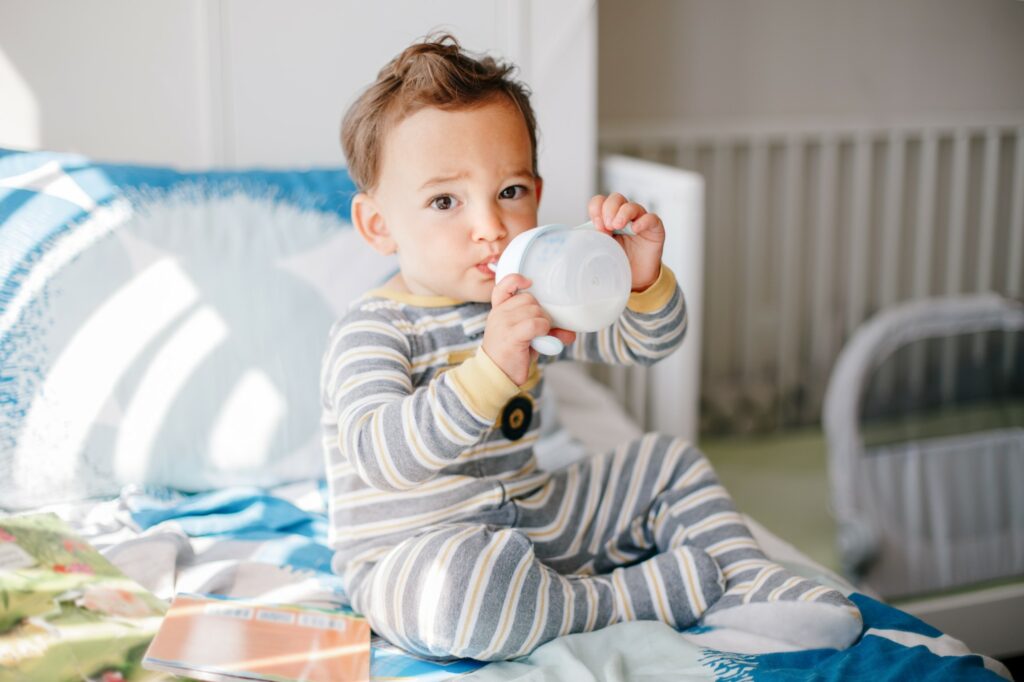
Effects Of Soap Residue In Babies
Naturally, dish soap has no business in the body, as it is formulated to get rid of oil from food. And there are harmful chemicals in the mix that can cause external and internal effects on your baby. These effects will be discussed below;
1. Diarrhea
Depending on the amount, soap residue can trigger diarrhea in babies. WebMD says it can cause irritation in their intestines which can result in bowel movements and loose stools. Babies’ body systems will always find it difficult to digest harmful substances like soap residue so it’s better to avoid this occurrence by properly rinsing off soap from their bottles.
2. Abdominal Cramps
This is one of the issues soap residue can cause to babies. Your baby might be uncomfortable and have an upset stomach and you wouldn’t even know. However, abdominal cramps and diarrhea sometimes work hand in hand.
3. Mild Nausea And Vomiting
This is a common effect of soap residue in baby food. As soap residue is not meant to be consumed, your baby’s system might not be able to handle that toxicity and this can lead to nausea and eventually vomiting.
4. Skin Irritations
Naturally, dish soap is formulated to wash off dirt and oil residue from dishes, however, it is not news that babies’ skin is very delicate and sensitive and the chemicals in soap are capable of drying out the oils in their skin. This can result in skin irritations.
Substitutes For Dish Soap For Baby Bottles
A lot of dish soap contains harsh chemicals that could leave soap residue on your baby’s cup, bottle, or pacifier. If you are quite skeptical of using dish soap to wash your baby’s bottles, the good news is there are several safe options you can conveniently choose from
- White Vinegar Soak.
- Baking Soda Soak.
- DIY Lemon Soap.
- Sterilizer.
- Hot Water Soak.
Final Thoughts
Every parent has to protect their babies from any form of harm and in this case, the best thing to do is to properly rinse off any soap residue from your baby’s cup, bottle, or pacifier to prevent any potential health risk.
You must also ensure that you use a very minimal amount of dish soap so that you can easily rinse it off. If you intend to use a dishwasher instead of manually washing the dish, you should set it on a hot cycle to ensure that any soap residue has been thoroughly taken care of.
And when in doubt about using dish soap you can opt for other safe alternatives. Just so you know, soap residue wouldn’t expose your baby to any long-term issues but it’s always better to take safety precautions.
Keep reading:


